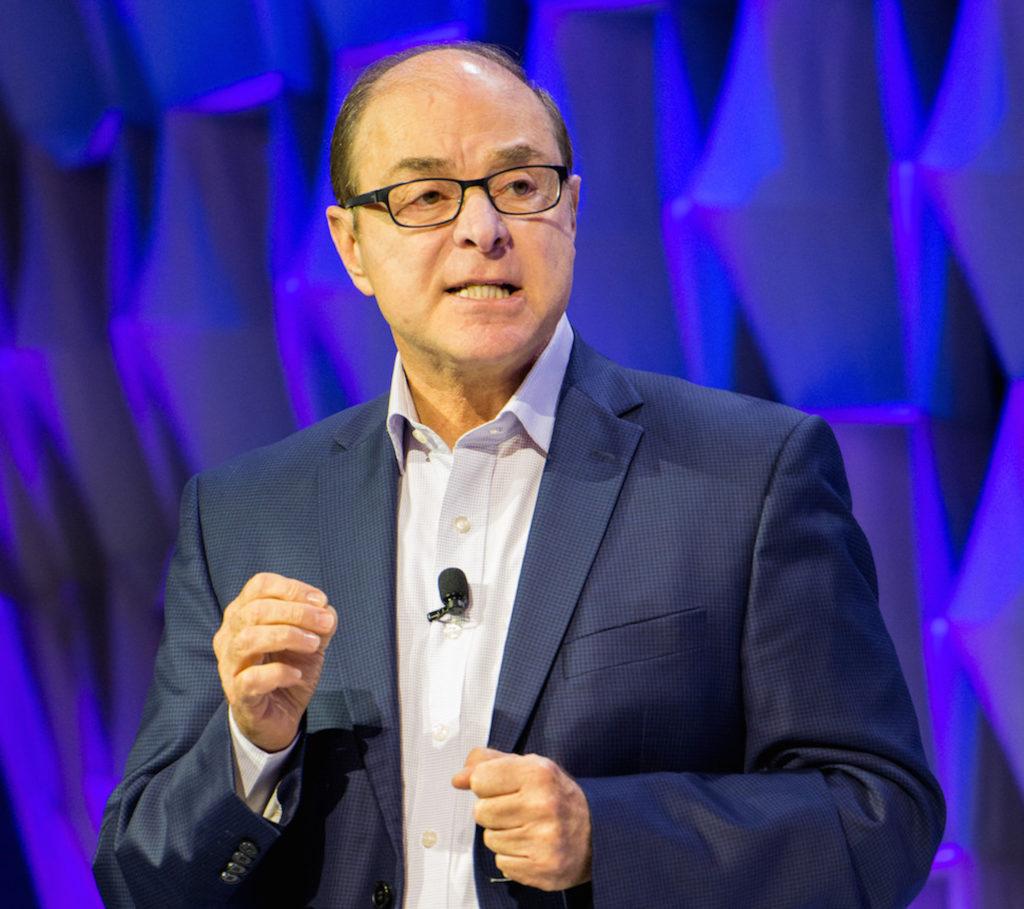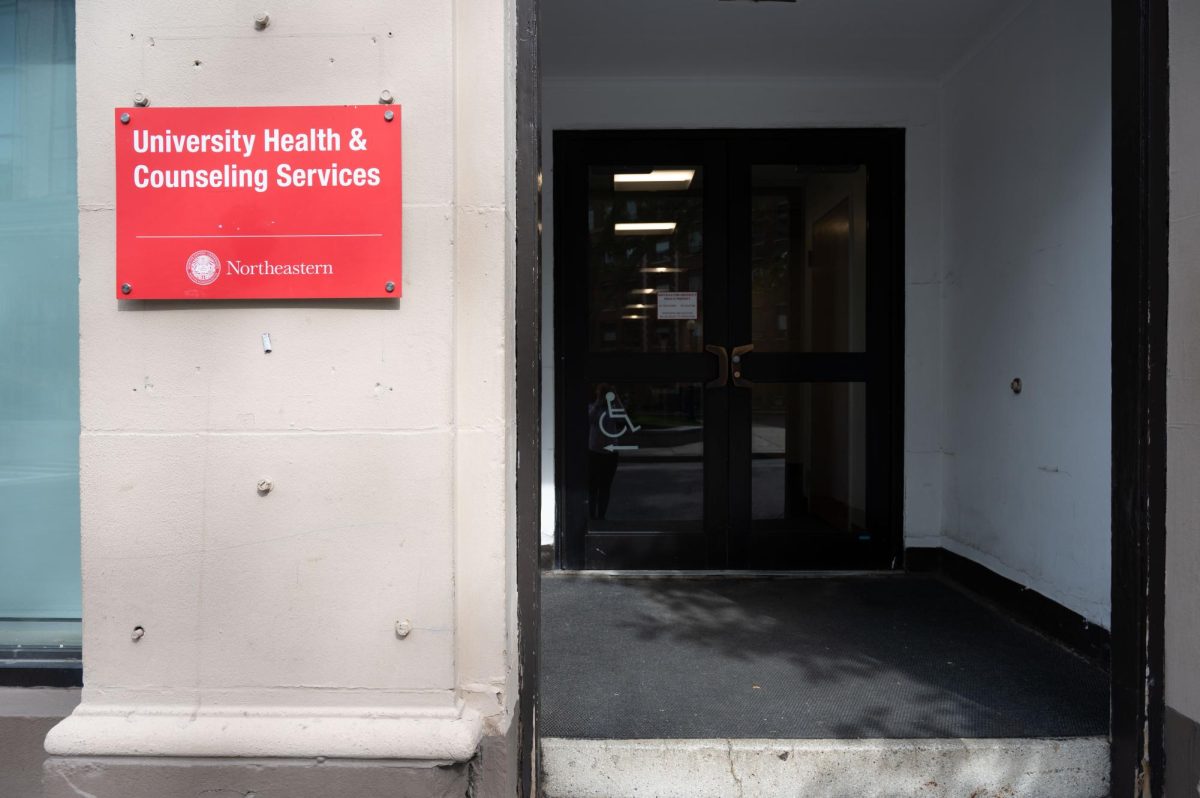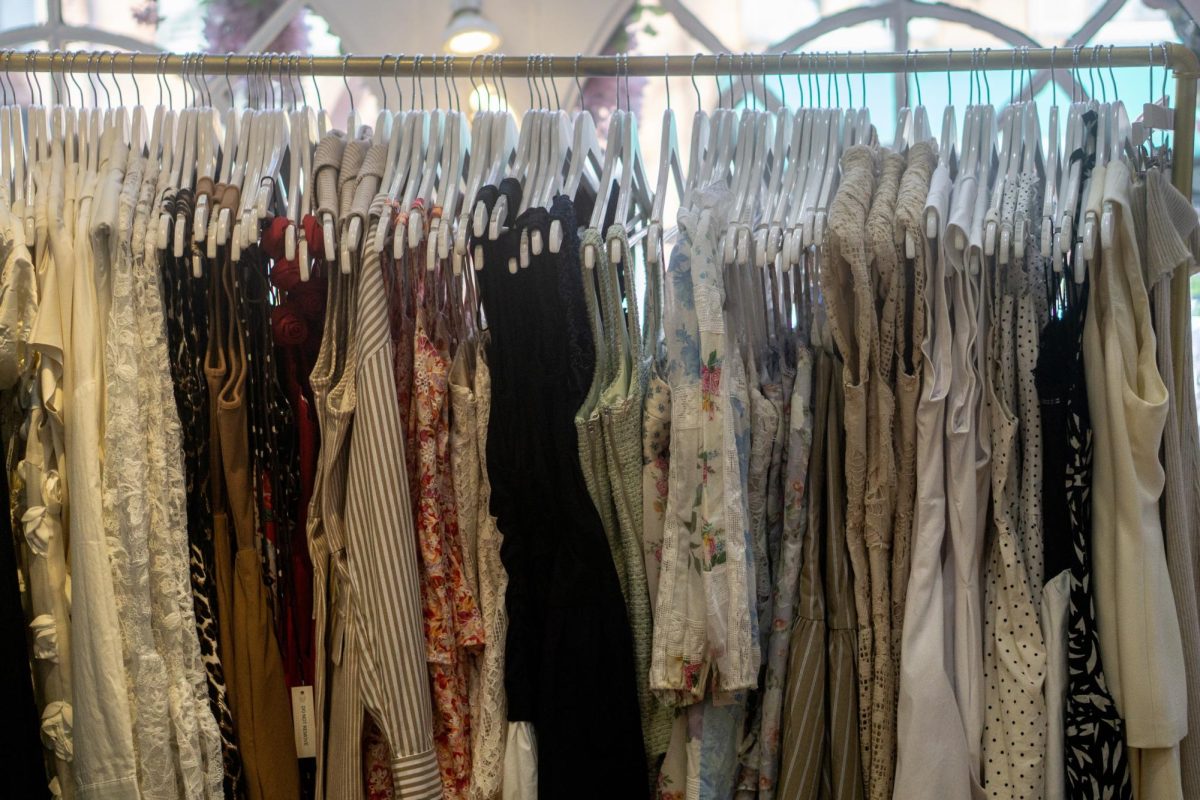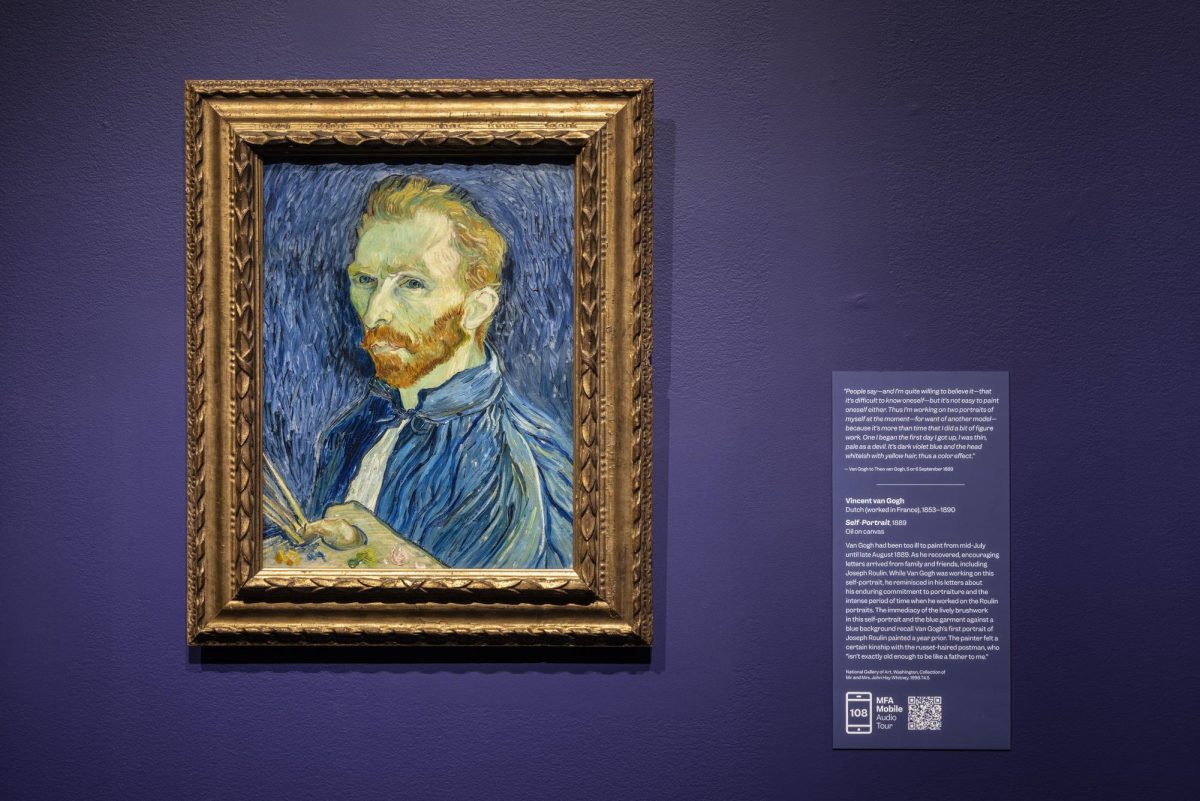Q&A: President Aoun discusses Northeastern’s diversity goals with The News
Northeastern President Joseph E. Aoun.
August 18, 2020
Northeastern President Joseph E. Aoun spoke with The News in an hour-long video call Tuesday about Northeastern’s plans to reopen for the fall 2020 semester and about his anti-racism and diversity goals for the university.
Below is the transcript of the conversation about anti-racism and diversity. Click here to read the Q&A about reopening. Click here to read a brief summary of the main points from the interview.
The following transcript has been edited for length and clarity.
The Huntington News: What is Northeastern doing right now to improve the day-to-day experience for Black, Indigenous, People of Color, or BIPOC, students on campus? How will Northeastern work to combat microaggressions on campus?
President Aoun: Well, the first thing is that I met personally with many students of color and had meetings to listen and to understand what they want to do and their goals. I have to tell you, they are extremely clear on the goals and what they want to see happen. Not only the president, but the deans, the chancellor, the provost and many vice presidents have also been meeting. This led us to have the blueprints for the future that I announced with some goals and some accountability for every member of the community and every department in the university.
This blueprint is a collective blueprint that is going to engage us for the foreseeable future. We are starting a new planning process in the community too, in the same way that you’re familiar with Northeastern 2025. Diversity, inclusion, the combating of systemic racism and anti-Black behavior is part of this effort and this strategy and these goals. This is going to be something that we work on on a daily basis, but also there will be accountability for every program, every department and every member of the community. Once again, we all have a responsibility to make sure that not only this behavior is unacceptable but also to make sure that we can go forward and build a community that is really representative of what we want to see in society.
HN: According to the Boston Globe, the percentage of Northeastern students who are Black decreased from 1980 to 2015, from 4 percent to 3 percent. Why do you think this happened?
President Aoun: Look, I think even if it were 4 percent, or 5 percent, I don’t think it’s enough. This is why I announced goals that are very specific, very ambitious, and I charged every member of the community but especially every department that is working on that, to make sure that we are not going to be in a 3, 4 or 5 percent. All the work on diversity, inclusion, systemic racism, anti-Black behavior and Black Lives Matter is going to be part of this. I’m not happy if it’s 4 percent or 5 percent. We have to be much more ambitious in our goals.
HN: Diversity has been a priority for you and the university for years now. What is it specifically that you would say is different about this promise and these goals that you think will affect positive change?
President Aoun: First, I think there was a wake-up call. A wake-up call for all of us in society, with the Black Lives Matter movement. I think the fact that this galvanized many members of society to gather around the Black Lives Matter movement and against systemic racism is unprecedented in my lifetime.
The second aspect is that we as a university decided to have a very comprehensive and open approach to combat systemic racism and anti-Black behavior. This is why we started by going on listening tours, with our students, faculty and members of the community.
HN: What do you believe are the biggest obstacles to reaching your goal of having the Northeastern student population matching the makeup of the US by 2025?
President Aoun: It is important to have every person in the community be part of making every other person feel welcome and part of the solution and being engaged. You came to Northeastern because Northeastern is experiential. Experiential gives us an edge all together because we are going to experience everything, what works well and what does not work well.
You often tell me, the students, there is no bad co-op. That’s something you coined. Because we learn what we want and what we don’t want. It’s the same situation. We all have a responsibility to make it happen, to attract students, to attract faculty, to attract staff, and also to build on our diversity. Look, for instance, at the deans. We have nine deans here for academic schools. Of the nine deans, seven are women, two are men, one is African American, and another is Indian American. We have 23 vice presidents, vice provosts, vice chancellors. Fourteen are women, nine are men. We want to continue to build. Is it perfect? Absolutely not. Is it enough? Absolutely not.
HN: What have students been telling you they want changed at Northeastern on this topic?
President Aoun: They have been extremely passionate and extremely articulate and extremely compelling about that.
They talked about having education for all of us, that would include a cultural component about systemic racism, about anti-Black behavior etc. They wanted when they go see a health professional to have somebody who can understand where they are coming from. They were very impressive in terms of how they thought about that, how they articulated that. Many of the points that I raised in this communication with the community got informed by what they gave me. Learning is for all of us. It’s not the students learning, all of us are learning.
HN: Can you talk about if and how the university is reevaluating the role of NUPD on campus in light of the national conversation about policing?
President Aoun: There is an enormous sensitivity in society as a whole about policing and the role of police. What we have done is to appoint an advisory committee. This committee has members who are faculty, staff, students and members of the community. This group is led by Jack McDevitt, who is extremely respected nationwide because he is the leader that communities go to when there is an issue with policing. Similarly, we are fortunate to have the general counsel, Ralph Martin, who also has been working on issues of policing and has been invited by various institutions and communities to really help them with policing. So we have the committee, they have formed a committee, we have Ralph Martin, we have Jack McDevitt, and they are going to have open meetings and town halls with the community to understand what the challenges are, what the issues are, what is working, what is not working. Based on that they are going to come back with some recommendations. The chief of police that we have here, Mike Davis, is somebody who is viewed nationwide as a leader for issues of policing and racism when it comes to policing.
In addition, the board is thinking of conducting a survey, especially of the students, with respect to policing, so they can service all of the issues there.
HN: If students or faculty have concerns about the way the university is handling reopening or diversity and inclusion, what’s the best way for them to bring them to your attention?
President Aoun: We have had many town halls. People can express their questions, their anxiety at any levels, not only town halls. The faculty can talk to the chair of the department. The staff can talk to the person they report to. The students have multiple ways of interacting with the vice chancellors, with the chancellor. [Chancellor] Ken Henderson is ready to work with and for students. So you have multiple venues, just let us know.








